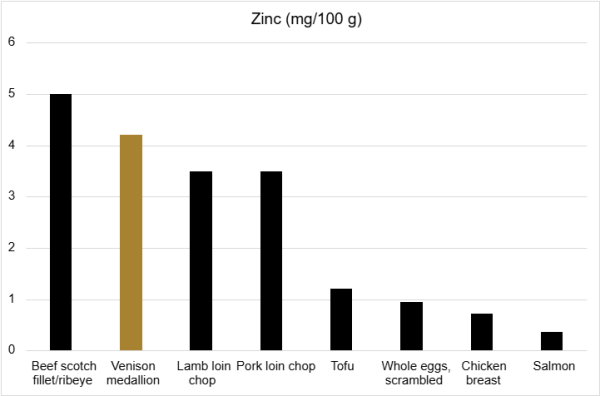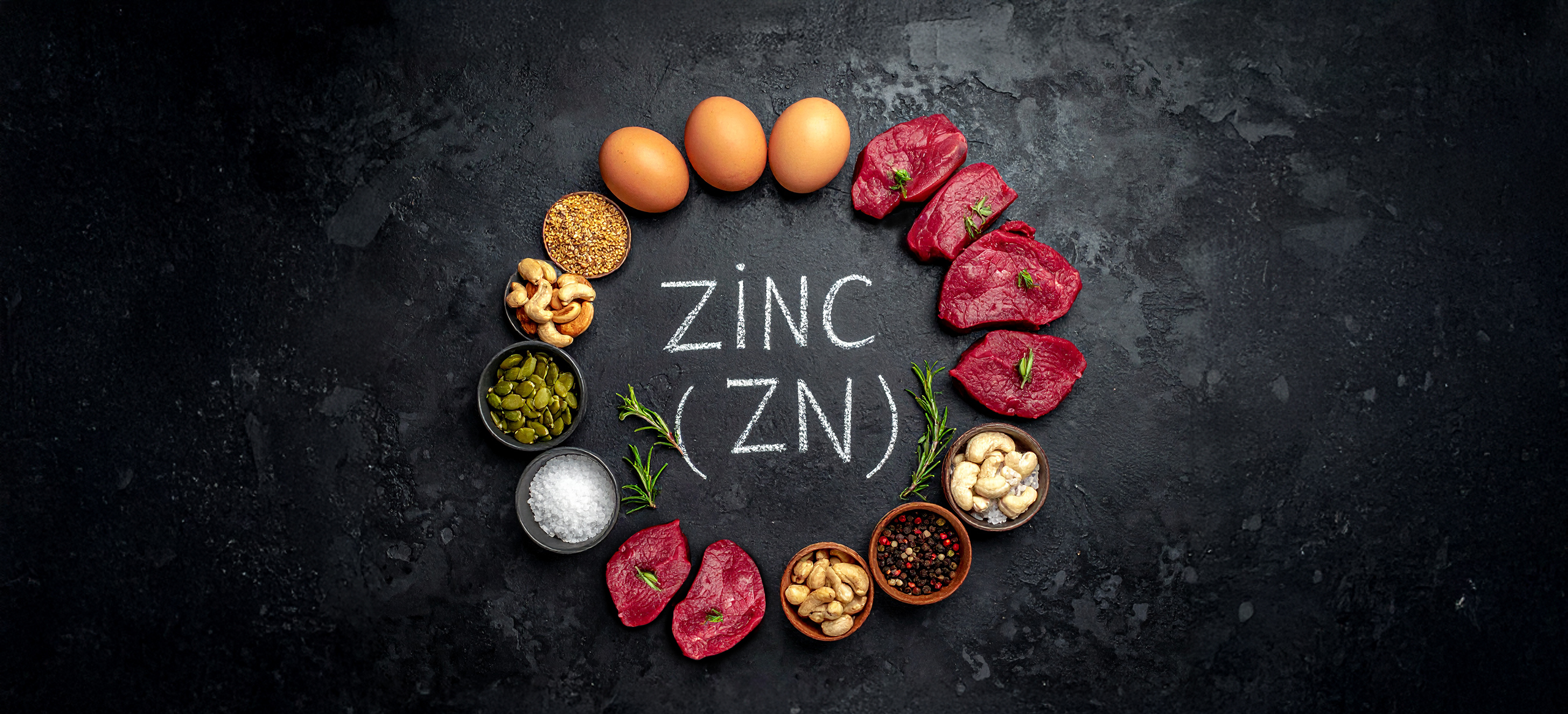Zinc: The Secret Nutrient Behind Good Health and Fast Recovery
Among the essential minerals our bodies need, zinc is often overshadowed by the likes of iron or calcium. Yet this trace mineral plays an enormous role in maintaining human health. Required in small but steady amounts, zinc supports everything from immune defense to growth, reproduction, and wound healing. Without it, the body’s systems can quickly fall out of balance.
What Is Zinc and Why Do We Need It?
Zinc is a trace mineral, meaning we need it in relatively small quantities. The recommended daily intake for adults is around 8–11 milligrams depending on age and sex. Despite this small requirement, zinc participates in the function of more than 300 enzymes in the human body. These enzymes regulate critical processes, such as DNA synthesis, protein production, and cellular repair.
Unlike some nutrients, zinc is not stored in large amounts in the body, so regular dietary intake is essential. Even a shortfall over time can lead to noticeable symptoms and health challenges.

Source: The New Zealand Food Composition Database.
Zinc and the Immune System
One of zinc’s most important roles is in the immune system. It is crucial for the development and activation of white blood cells, the body’s frontline defenders against infections. Zinc deficiency impairs this response, leaving individuals more vulnerable to colds, flu, and other illnesses.
Research has shown that adequate zinc intake can help reduce the severity and duration of common infections.
Growth, Development, and Reproduction
Zinc is essential for growth and development throughout life. During childhood and adolescence, it supports cell division, bone growth, and hormonal balance. Pregnant women require higher amounts of zinc to support fetal development, particularly for the brain and nervous system.
In adults, zinc continues to play a vital role in reproductive health. It is necessary for sperm production in men and ovulation in women. Deficiency has been linked to fertility problems in both sexes, underscoring how deeply this mineral influences human biology.
Wound Healing and Skin Health
Zinc is often described as the “healing mineral.” It is a key player in wound repair, helping new tissue form and strengthening skin integrity. It also supports the production of keratin and collagen, two proteins critical for healthy skin, hair, and nails.
Because of these properties, zinc is commonly included in topical creams for treating rashes, acne, and minor skin irritations. Internally, adequate zinc intake ensures the body can repair itself effectively after injury.
Brain Function and Senses
Less widely known is zinc’s role in the nervous system. It contributes to neurotransmitter activity, which affects mood, memory, and cognitive performance. Low zinc levels have been associated with difficulties in concentration, learning, and even mood disorders like depression.
Zinc also plays a role in maintaining the senses of taste and smell. Deficiency can blunt these senses, sometimes leading to poor appetite or changes in eating behavior.
What Happens When Zinc Is Low?
Zinc deficiency can cause a wide range of symptoms, including:
- Frequent infections and poor immunity
- Slow wound healing
- Hair loss and brittle nails
- Skin problems such as rashes or acne
- Growth delays in children
- Fertility issues in adults
- Loss of appetite or changes in taste and smell
Those most at risk include pregnant and breastfeeding women, infants, vegetarians or vegans (since plant-based zinc is less bioavailable), and people with digestive disorders that impair absorption.
Best Dietary Sources of Zinc
Zinc is found in both animal and plant foods, but animal proteins provide the most bioavailable form—that is, zinc the body can absorb most efficiently. The richest sources include:
- Red meats such as venison
- Shellfish, especially oysters, which are the single best dietary source
- Poultry, which provides moderate amounts
Plant-based sources like legumes, nuts, seeds, and whole grains also contain zinc but are less easily absorbed because of compounds called phytates, which bind to minerals and reduce absorption. For this reason, vegetarians and vegans may need to consume more zinc-rich foods or consider fortified products and supplements.
The Bottom Line
Zinc may be required in small amounts, but its impact on health is immense. From strengthening the immune system and healing wounds to supporting growth, fertility, and brain function, zinc is a cornerstone of human nutrition. Ensuring a steady intake through diet is simple: enjoy zinc-rich foods such as red meats, shellfish, nuts, and seeds, and be mindful of your needs during life stages that increase demand. In doing so, you give your body one of the key tools it needs to stay strong, resilient, and healthy throughout life.

